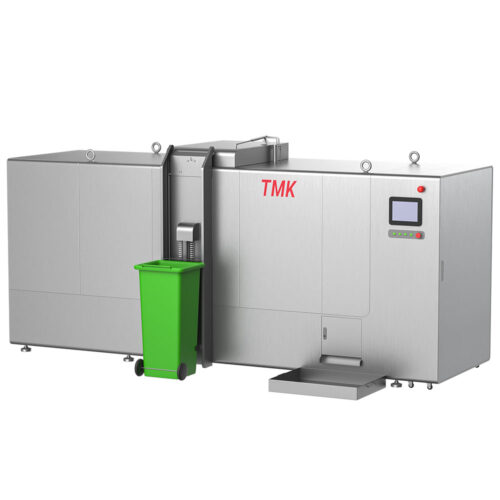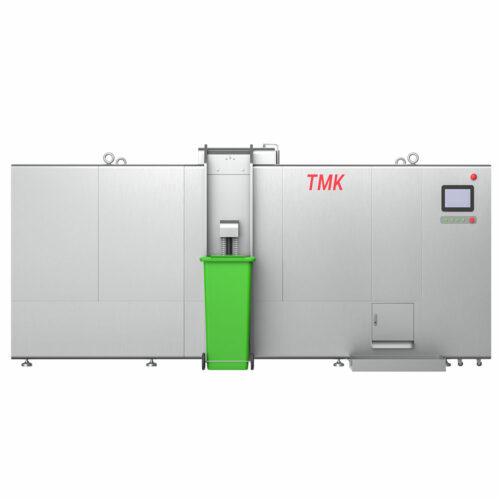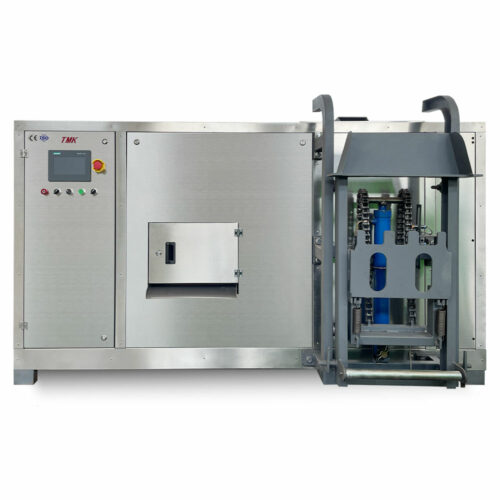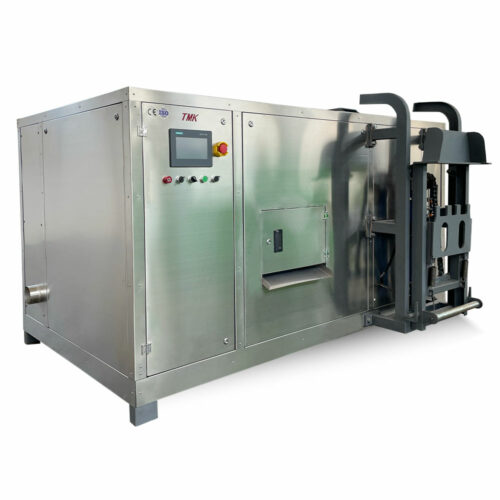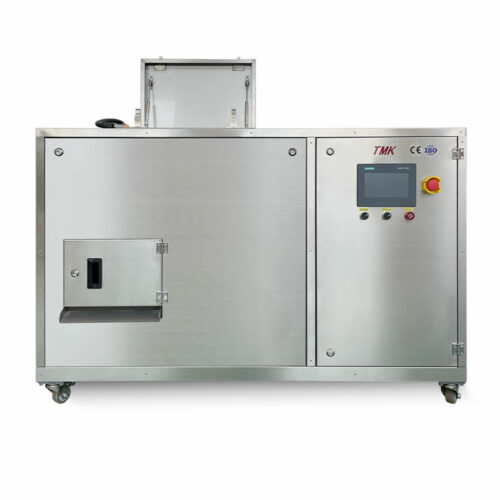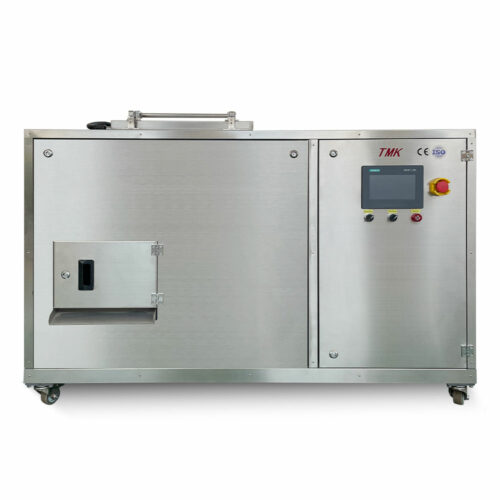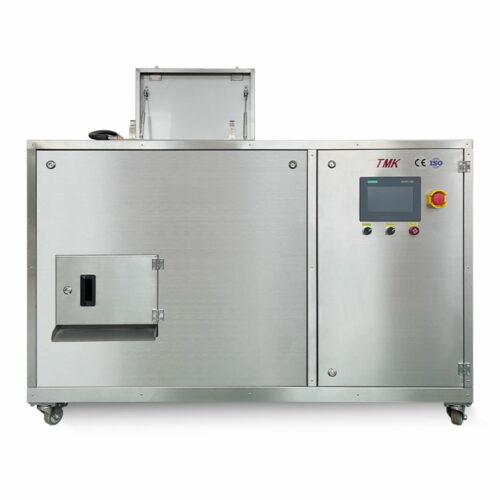The organic waste composting machine addresses the drawbacks of old composting methods, which were time-consuming, smelly, and took up a lot of space. There were a lot of other difficulties with the old way that also needed to be addressed. Composting machines are used to treat and recycle both solid and liquid waste. Yard trimmings, leaves, mulch, grass clippings, some paper products, and food scraps such as raw and cooked fruits, vegetables, grains, eggshells, coffee grounds, and in rare situations, even meat and dairy products are among the organic components that make up compost. Composting creates the ideal environment for beneficial microbes to thrive, allowing the decaying process to become incredibly life-giving.
Composting is a practical and straightforward technique to make a significant difference in today’s environmental, economic, and social challenges. Including this easy step in your ecologically friendly routine may go a long way toward reducing carbon emissions, regenerating soil, renewing water supplies, and ensuring future food security.
It is a self-contained system that provides consumers with the following advantages:
1. It processes quickly:
The machine technology requires fewer hours to complete the processing steps than traditional composting organic waste. The time saved composting organic waste may be better used in other productive endeavors, resulting in monetary savings.
2. It does not pollute the environment in any way:
There is no wastewater in the machine technology. It also has no odor and does not have any harmful characteristics.
3. It is completely automated:
The machine saves operational manpower because it is automated. A single individual, usually part-time, can run it.
4. It minimizes the need for additional waste treatment procedures in the environment:
The machine technology can compost organic waste without using a landfill, incineration, or any other compost treatment method.
5. It is capable of composting all sorts of organic waste:
Any organic waste may be converted into high-quality compost manure using the machine. Composting is widely used to dispose of food waste such as vegetables, non-vegetables, eggs, fish, crab, small bones, fruit and vegetable peels, and leftover meals.
6. It has a low operational cost:
Rent, inventory, insurance, research and development, payroll, and other operational expenditures are minimal. Hence a composting machine’s operating costs are low.
7. It takes up a small amount of floor space:
Due to the apparent great effectiveness of its mechanical treatment equipment, the machine is generally compact, and it takes up less space than traditional composting methods.
8. It kills pathogens:
Organic waste is pasteurized in a composting machine. The pasteurization procedure kills microorganisms and enhances the compost’s life span. This makes it safe to handle by humans.
9. It makes sterilization easier:
Sterilization destroys, deactivates, or otherwise removes any kinds of life and other biological agents contained in the compost, including fungus, bacteria, viruses, and other biohazard species. Due to this, people are less likely to get infections when utilizing compost.
10. It is long-lasting:
The machine is built with a stainless-steel tank with a 20-year lifespan. That is why it is durable.
11. It may be bought or rented:
Those in need of an organic waste composting machine have various options for getting one. They have the option of purchasing, renting, or leasing.
12. It enhances safety:
So, because the overload function machine comes to a halt in an overload, it does not leak waste or endanger the user.
13. It has an efficient power management system:
There are indications for the organic waste composter for power mode, heater, and power conservation mode.
The compost machine’s safety is improved by its self-acting control system. It also makes the manner of operation more convenient.
The discovery of the food waste composting machine was a turning point in the search for waste treatment technologies that are both safe and ecologically beneficial. As more public and private businesses and people become aware of the machines’ benefits, they turn to them to recycle and convert their waste to ease landfill congestion.
Composting machine technology provides several advantages that have attracted the attention of many customers. The devices are quiet, have no unpleasant odor, donot attract rats, insects, flies, and compost waste indefinitely. The efficiency of their volume reduction is in the region of 80 to 90%.
Commercial Composter
Commercial Composter
Commercial Composter
Commercial Composter

